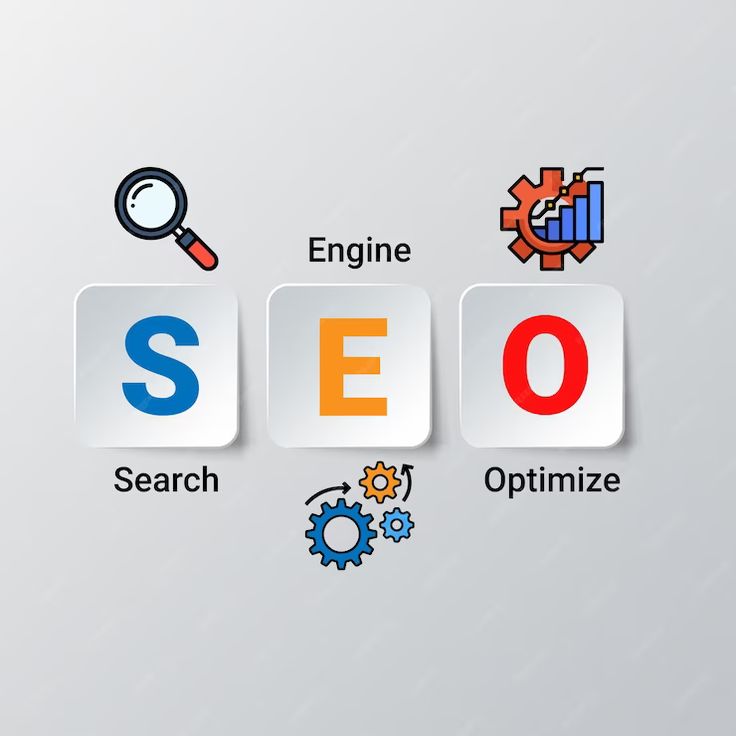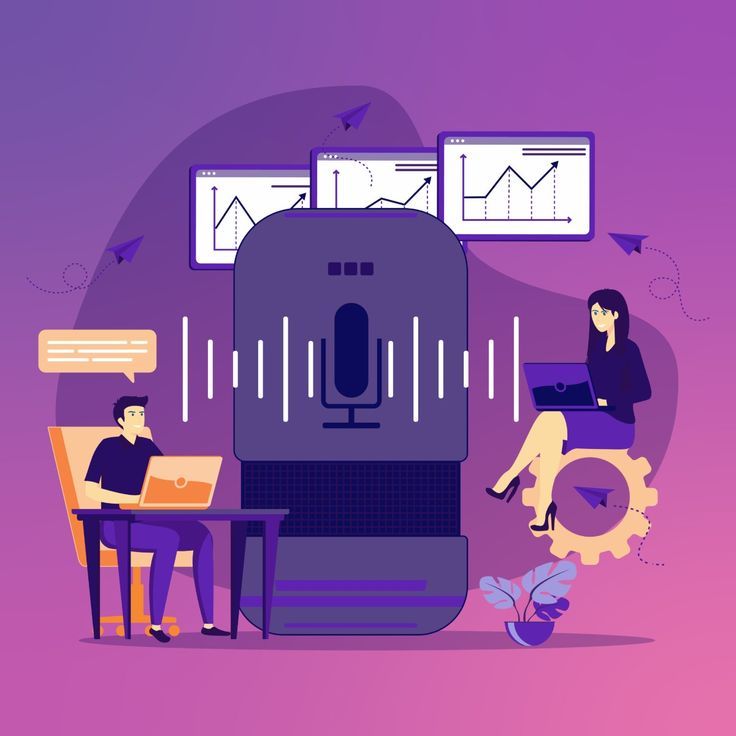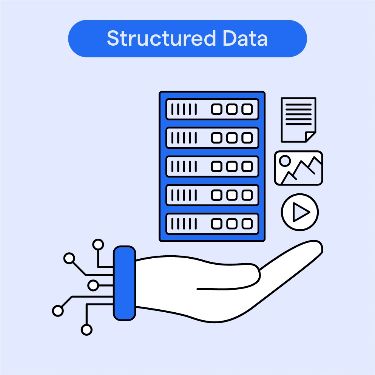
Keeping up with SEO can feel like running on a treadmill—you need to move fast just to stay in place. As we settle into 2025, the search landscape is almost unrecognizable compared to just a few years ago. Old-school tactics alone aren’t enough: Google, AI-powered answer engines, visual and voice search, and users’ sky-high expectations have reshaped what really works. Here’s a guide to the most effective, human-centric SEO strategies poised to drive results this year.

AI-Assisted Content Creation and Optimization
AI isn’t here to steal your job, but to supercharge it. In 2025, savvy marketers blend AI tools for ideation, content gap analysis, and drafting—but always “humanize” content before publishing. Google and other platforms are rewarding content that demonstrates genuine expertise, original insights, and real value—not just fact regurgitation or keyword repetition. Use AI for research, outlines, and first drafts, but inject your brand’s voice and unique value in the final copy

E-E-A-T: Experience, Expertise, Authoritativeness, Trustworthiness
E-E-A-T is no longer just a buzzword—it’s essential. Content that clearly shows first-hand experience, deep subject knowledge, and transparent authorship outperforms fluff. Support your claims with credible references, author bios, and up-to-date information. Brands with a consistent track record of trustworthy content will stand out in AI-powered and traditional search results

Core Web Vitals and UX Optimization
Google’s Core Web Vitals 2.0 puts a spotlight on user experience, above all. Fast-loading, mobile-optimized, stable pages that are easy to navigate see higher rankings. It goes beyond speed—intuitive site structure, logical navigation, and minimal pop-ups matter. Regular UX audits, accessibility improvements, and mobile-first designs are critical in 2025

Voice and Visual Search Optimization
Search isn’t just typed anymore. With the rise of smart speakers, Google Lens, and image search, optimizing for voice and visuals is a must. Use conversational, question-based long-tail keywords for voice. For images and videos: deploy descriptive file names, ALT text, detailed captions, and proper schema markup. Video content, in particular, is dominating traffic—make sure your brand is discoverable through both formats

Structured Data and Rich Snippets
Schema markup makes your content easily machine-readable, powering rich results like FAQs, recipes, events, and reviews. This not only boosts visibility (with rich displays in the SERPs) but also improves eligibility for AI-powered search summaries and answer engines. More context means better relevance and click-through rates. Advanced schema is non-negotiable for serious SEO in 2025

User Intent and Content Clusters
Successful SEO is all about understanding why users are searching and designing content around their journey. Organize your website around topic clusters, not just individual keywords. Cluster deep, interconnected pages around broad “pillar” content, ensuring all subtopics and related questions are comprehensively covered. This approach aligns with how AI and search engines assess broader subject authority and intent matching

Video and Multimedia SEO
Video is projected to account for more than 80% of all online traffic in 2025. Embedding short, high-quality videos, optimizing video descriptions, and using video schema helps your content get discovered across YouTube, Google Search, and AI answer engines. Repurpose blog content into video and vice-versa to maximize reach

Brand Building, Authority, and Reputation Management
Brand signals—from mentions to social proof—matter now more than ever. Google and AI-powered engines increasingly favor brands with established reputations, strong off-site signals, and positive user engagement. Proactively manage reviews, encourage branded searches, and invest in PR, partnerships, and authority-building guest posts

First-Party Data and Privacy-Focused SEO
With cookie restrictions and tighter privacy standards, build your SEO on a foundation of first-party data—email lists, loyalty programs, engagement metrics—while respecting user privacy. Personalization doesn’t mean violating privacy; instead, use surveys, feedback forms, and owned audience insights to refine your content strategy

Continuous Performance Tracking and Adaptation
2025 SEO is not “set it and forget it.” Leverage real-time analytics to measure engagement, conversion quality (not just traffic), and spot new SERP features. Embrace regular audits—technical, content, and competitive—to adapt ahead of the next algorithm or AI update

